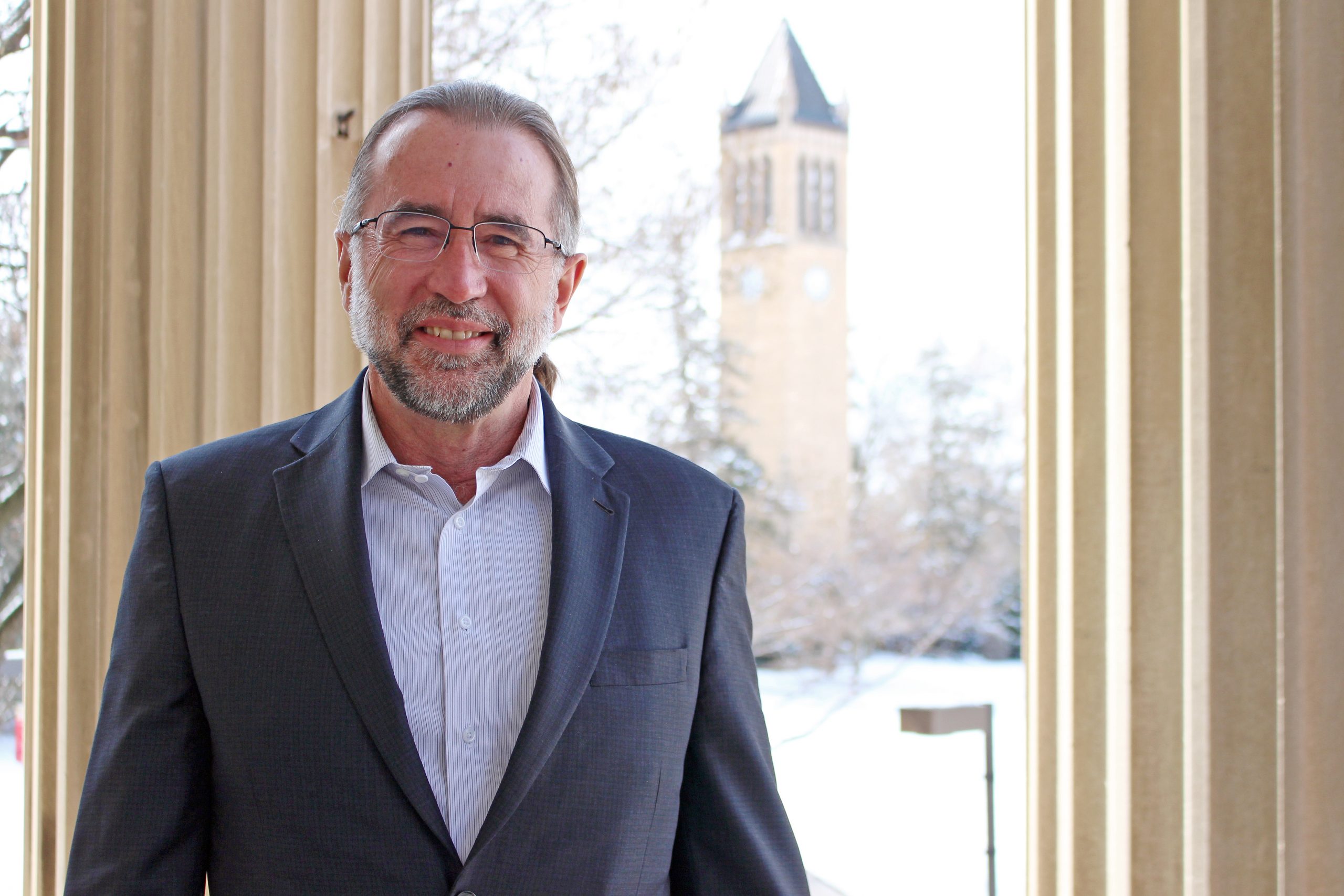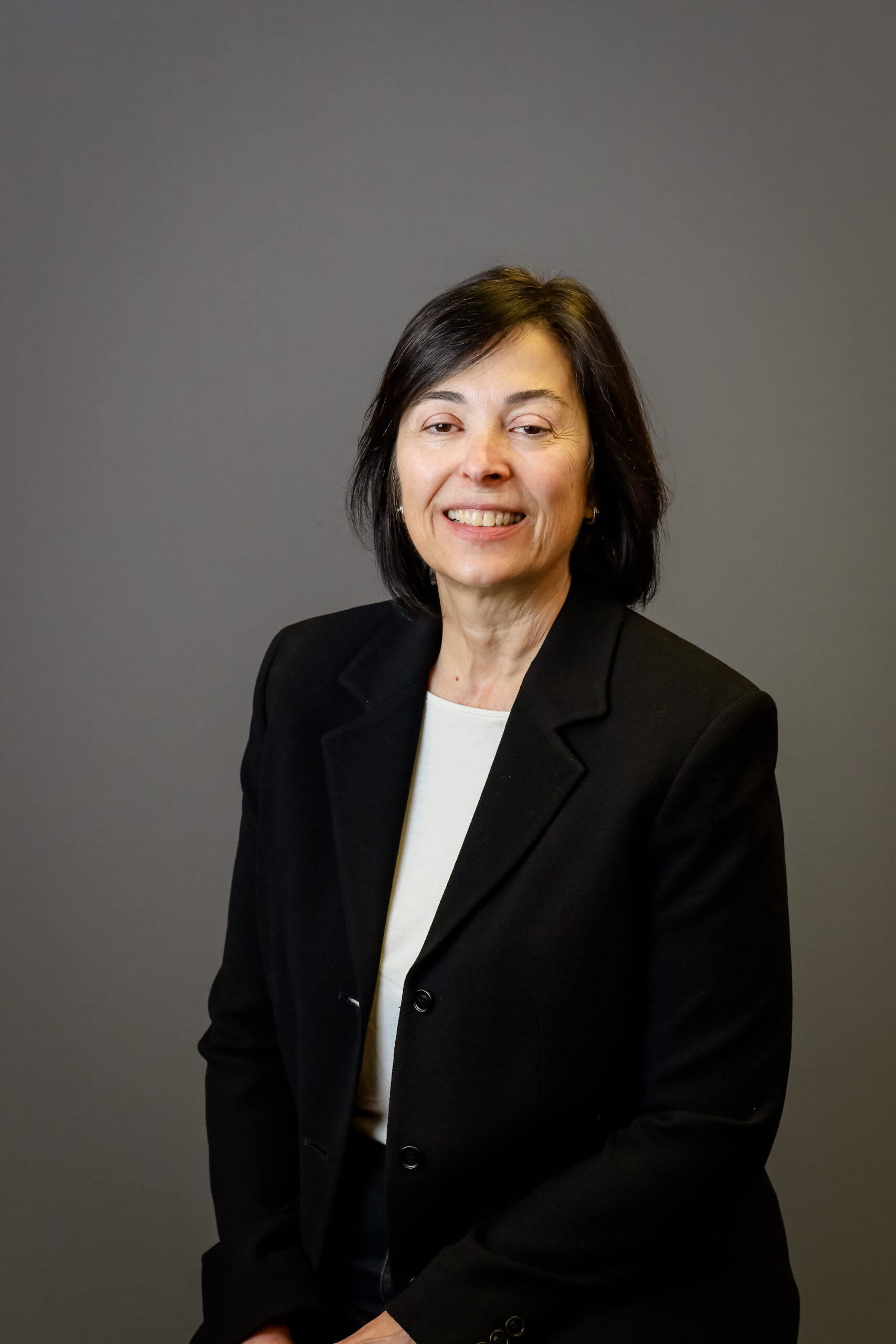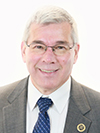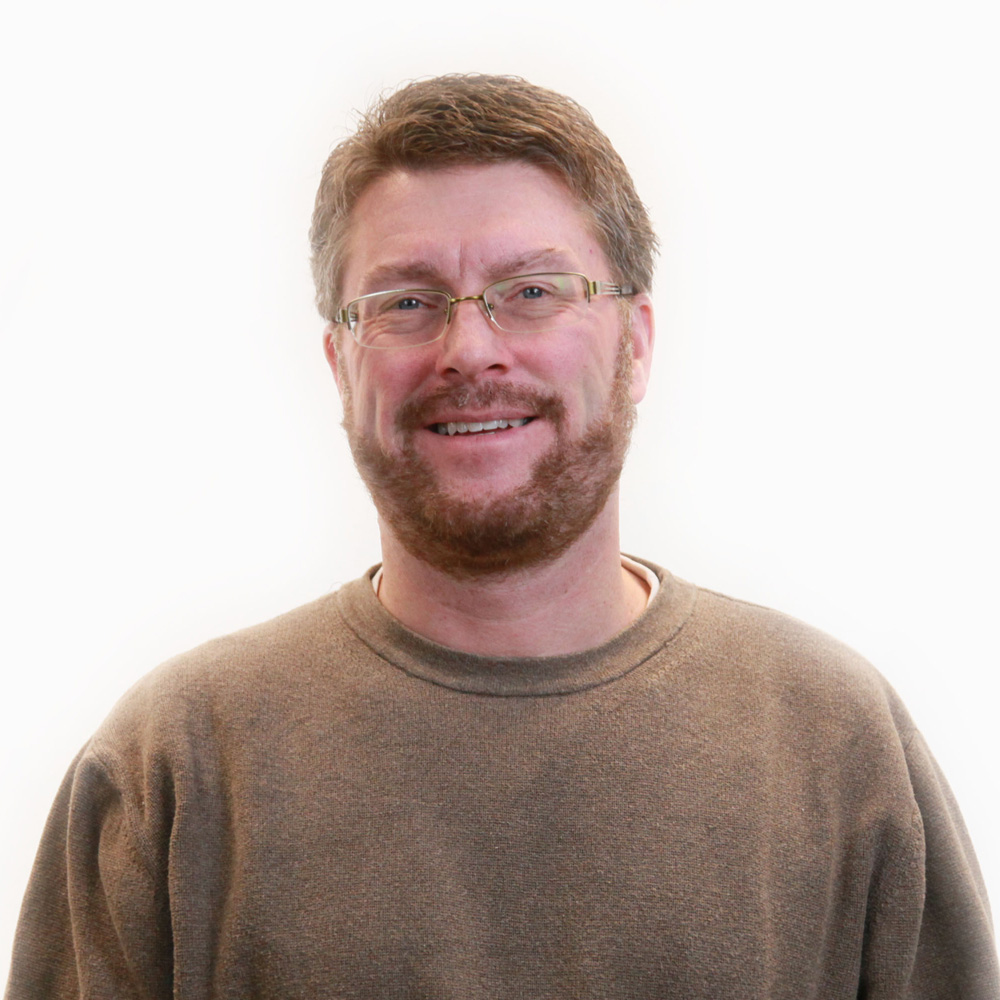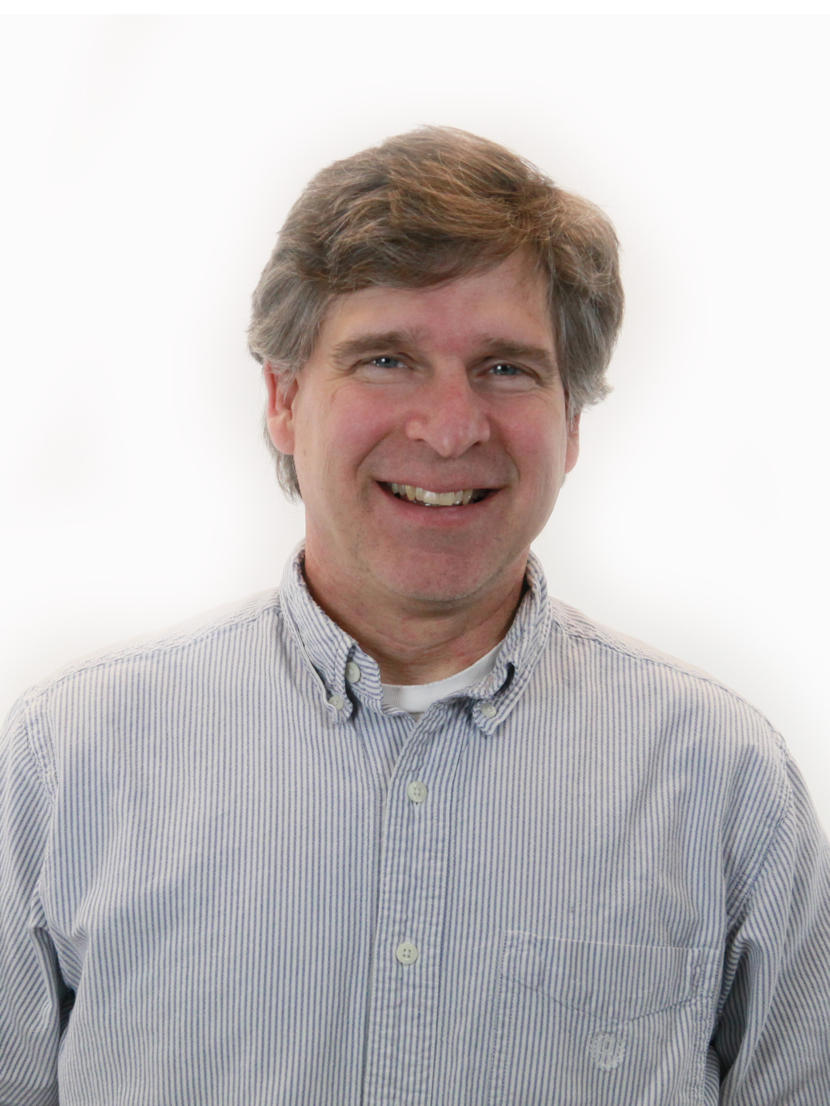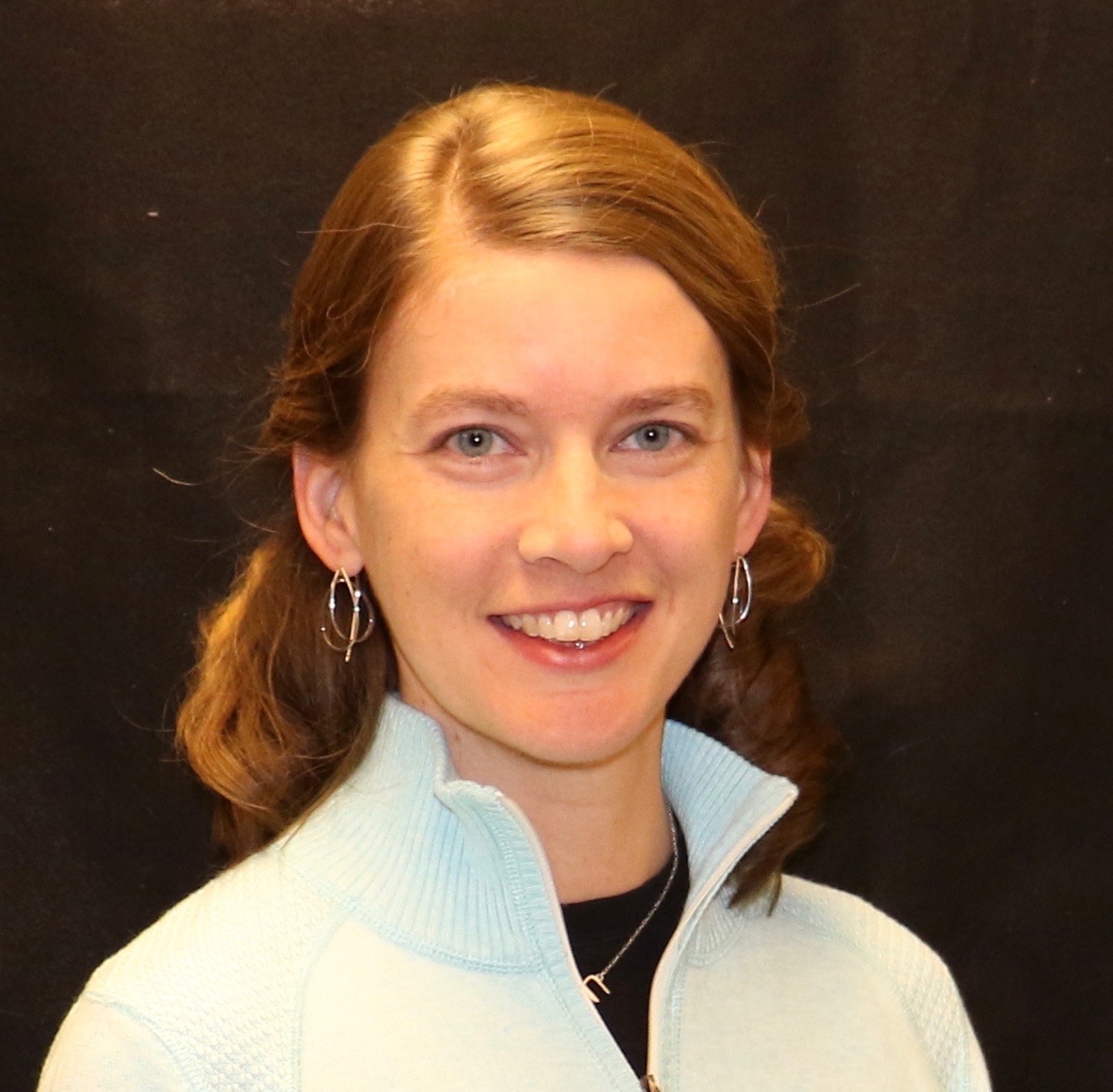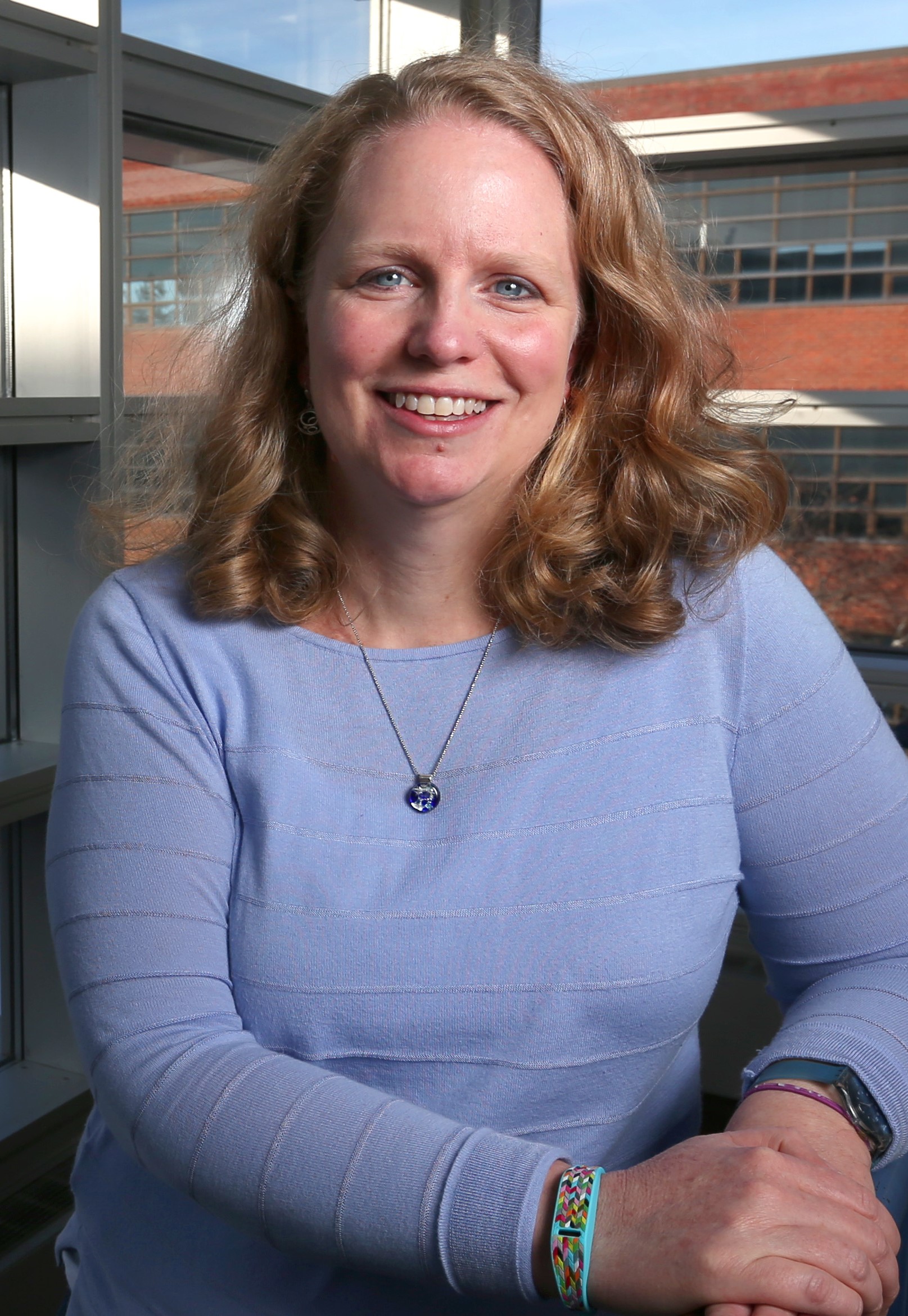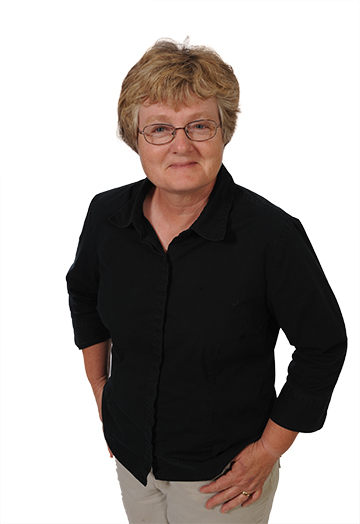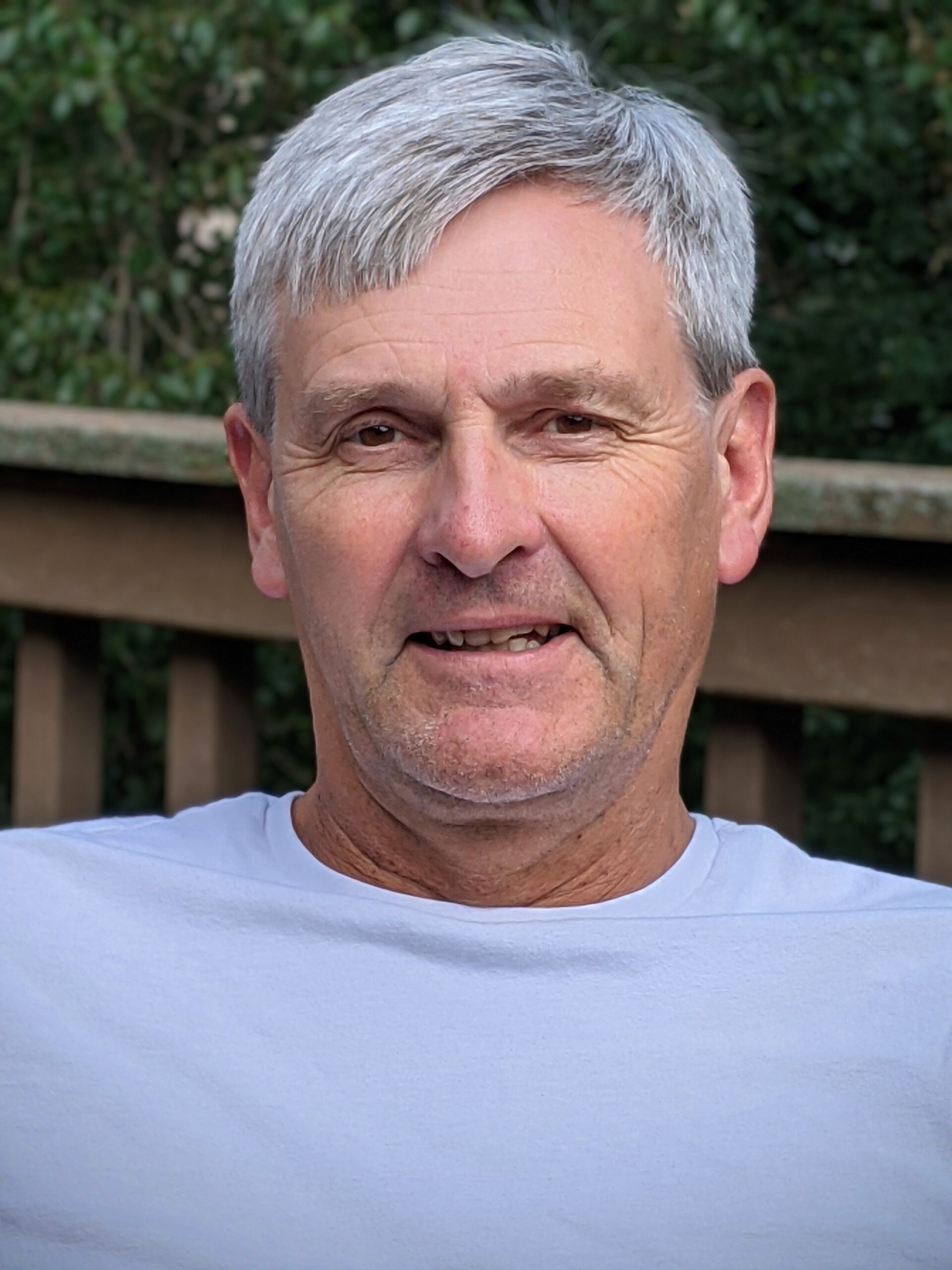Kendall R. Lamkey began his tenure as the Associate Dean for Facilities and Operations (ADFO) for the College of Agriculture and Life Sciences at Iowa State University on May 16, 2023. The ADFO works in collaboration with the dean, associate deans, department chairs, college-level centers, and other unit leaders to ensure that operations directly advance the mission of the college and that resources are deployed wisely and efficiently. The ADFO will engage with university-level and college administration, facilities planning and management, and external partners to advance the mission of the college. CALS facilities and farms serve teaching, research, and extension missions across the college and state.
Previously, Dr. Lamkey served as interim-chair (2006) and chair (2007-2023) for the Department of Agronomy at Iowa State University. In that role, he provided leadership and direction to the department in the areas of education, research, and extension.
He earned his B.S. and M.S. degrees from the University of Illinois and his Ph.D. degree from Iowa State University in plant breeding and genetics.
Dr. Lamkey’s research focused on corn breeding with an emphasis on the quantitative genetics of selection response, inbreeding depression and heterosis. Dr. Lamkey has served on the advisory board for Makerere University Regional Center of Excellence in Crop Improvement (MaRCCI), Kampala, Uganda since 2018. Dr. Lamkey has been involved in the gates funded project Plant Breeding Education for Africa (PBEA). One of Dr. Lamkey’s current interests is cropping systems models such as APSIM and how to account for genetic changes in cultivars overtime in these models.
Dr. Lamkey has authored or co-authored 81 refereed journal articles and numerous papers in conference proceedings, book chapters, published abstracts, and technical research reports. Dr. Lamkey has been active in graduate education at Iowa State University and has served as major advisor for 18 Ph.D. students and 10 M.S. students and has served on the program of study committee for more than 80 M.S. and Ph.D. students
Dr. Lamkey is a fellow of the American Society of Agronomy and the Crop Science Society of America and has served as an associate editor, technical editor, and editor for Crop Science.
